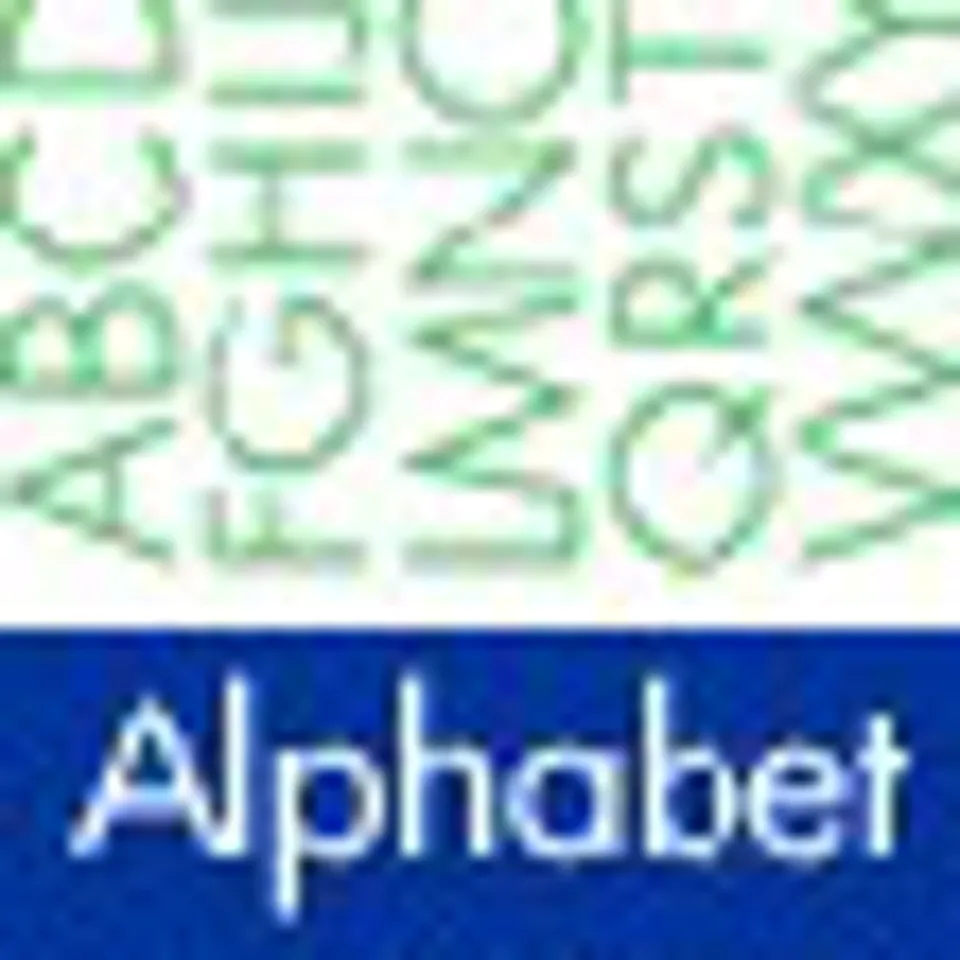Pentland Brands, Hays and homebuilder McCarthy and Stone Group were among the companies that awarded leasing and fleet management contracts to Alphabet in 2010. Many existing customers also worked with Alphabet to achieve new fleet objectives.
Materials handling specialists Barloworld Handling, significantly cut the fuel costs associated with its van fleet with the help of mileage audit. An on-going strategic review with Yell will substantially increase the quality of its pool car fleet while cutting costs by £330 per car per year and contributing to a 10% fall in average CO2 emissions.
With a desire to be a top 5 player, Alphabet’s growth expectations are strong over the next 3-5 years but the company took care in 2010 to underpin its plans by building up its management team to maintain and enhance service delivery.
One of the key new management appointments was award-winning fleet manager, Nigel Trotman, who joined in October to head up the company’s highly regarded Strategic Consulting Team.
A key cornerstone to Alphabet’s service philosophy is working with best in class suppliers on a closely-aligned partnership basis, almost as partners of choice. This philosophy lends itself to service excellence and the ability to jointly develop new innovations and products collectively.
In 2010 Alphabet specified new management posts to manage key relationships and develop new and existing services. The first of these appointments was Russell Cain, who joined from FMG as Accident Management & Insurance Manager.
Alphabet maintained its clear green stance in 2010, working with customers to cut emissions; lower costs and protect against future rises in energy prices without sacrificing productivity or the driver appeal of their choice lists.
Initiatives included setting caps on the CO2 rating of cars on choice lists; implementing CO2-driven employee benefits (e.g. Alphabet’s Motivational Leasing salary sacrifice product) to get staff out of cash allowances and back into greener, company-run cars, and using mileage audit to eliminate wasteful journeys.
This stance was mirrored by a surge in customers’ demand for low-carbon cars. More than one in four (26.4%) of the cars supplied in the first half of the year were rated at 119g/km of CO2 or less. A further 8% of orders were for cars rated below 110g/km and 1% were for cars under 100g/km.
The average CO2 rating of all cars on Alphabet’s leased fleet fell below 140g/km by the end of 2010, making the average Alphabet car greener than both new private and fleet cars.




















Login to comment
Comments
No comments have been made yet.